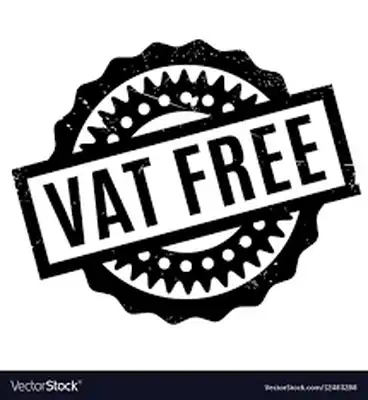How Does VAT Work In South Africa?

We have all heard of VAT at one point. We especially see it when we go to the buy groceries or to the restaurant and our bill comes with a VAT deduction on it. But do we full understand what it is and how it works? Tax is a difficult topic to cover because there is so much information to learn and understand, especially for business owners. But it is also a very important topic to discuss.
What Is VAT
Value Added Tax (VAT), is a tax levied on consumer goods and services. In South Africa VAT is currently set at 14%. Visitors are not exempt from paying VAT on goods purchased. They may, however, claim back VAT paid on items brought into the country if the total value exceeds R250. The VAT Refund Administrator’s offices are located at Johannesburg and Cape Town International Airports, various land border posts, and designated commercial harbors. Please keep in mind that the refund claim should only be submitted to South African Customs at points of departure where the VAT Refund Administrator is not present.
What are The of Types of VAT available in South Africa?
There’s the input tax and the Output tax.
Input VAT: A tax levied on consumer purchases are know we Input VAT.
Output VAT: This is a tax levied on Sales. Output VAT is the VAT (Value Added Tax) on sales or revenue that is charged at each stage of the production and distribution process. You can also claim VAT back from SARS on all VAT you have paid for purchases.
When Was VAT Introduced In South Africa?
Value-added tax (VAT) was introduced in South Africa on the 29th of September 1991 to replace GST (General Sales Tax) as an indirect system of taxation. Exemptions, exceptions, deductions, and adjustments are allowed under the South African Value-Added Tax Act, effectively lowering the VAT liability. In 1991, VAT was implemented at a statutory rate of 10%. The rate was then raised to 14% in 1993, then to 15% on April 1, 2018, and it currently remains the same.
How Does VAT Work?
Every business owner must register for VAT. After you’ve registered you are expected to add 15% VAT to your selling price. For instance, if you sell a product of R500, you need to add R15 to the rate (100×15%), so the inclusive price, which your customers have to pay, is 615. However, there are always exceptions. At certain instances you don’t need to charge VAT to a client, and in others, you can’t claim VAT on an expense.
What Can’t You Charge VAT On?
There are a number of items that you cannot claim VAT on, even if there is VAT on the supplier invoice. These items include entertainment and transport by road and rail, as these are exempt supplies. If you run a car dealership or rental business, you can claim Input VAT on car purchases.
- Who Pays TAX in South Africa?
- What Region is South Africa In?
- How to Start a Car Wash Business in South Africa?
- Is Swaziland In South Africa?
- Where to Buy Poison in South Africa
- How Bas the Government Contributed to Health Care in South Africa?
- How to Register a Security Company In South Africa
- When Should I Prune My Roses In South Africa?
- How Long Is a Paternity Leave in South Africa?
Who is Obligated To Pay VAT?
If your total value of your revenue exceeds R1 oo million, or it is likely to exceed R1 million, in a 12-month period, you must register for VAT. Not all businesses need to register but there are two reasons to do so – compulsory registration or voluntary registration.
What Happens When Your Output VAT exceeds Input VAT?
You will be required to pay SARS if your Output VAT exceeds your Input VAT. You can claim back from SARS if your Output VAT is less than your Input VAT. But nothing is ever that simple. There are always exceptions, as there are with most taxes. In some cases, you are not required to charge VAT to a client, and in others, you are not permitted to claim VAT on an expense.
How Can You Reduce The Cost Of VAT on your Business?
You must ensure that items either fall into one of the exempt categories or deduct tax paid in previous stages. You will not be required to register for VAT unless your taxable sales exceed R1 million in a 12-month period. Smaller businesses may be exempt from VAT as a result of this.
Taxation is essential in every country because it provides revenue for development projects. It is difficult to understand all of the taxes available in the country, but it is the responsibility of every business and consumer to be aware of the taxes available.
Share This




